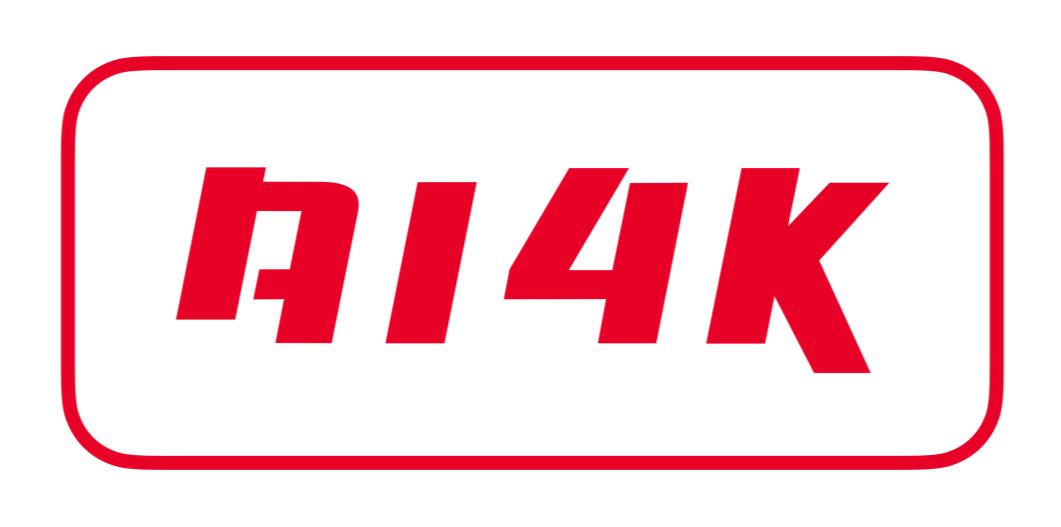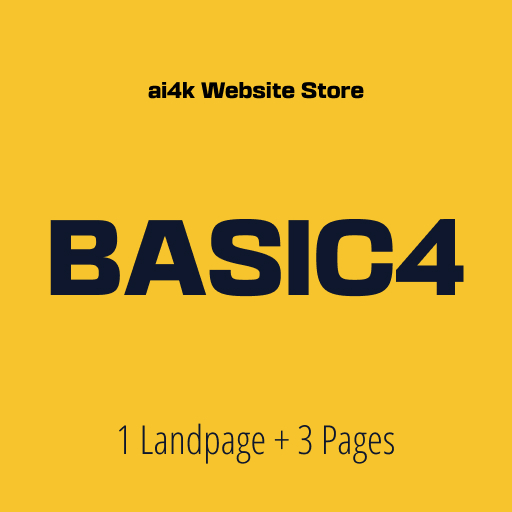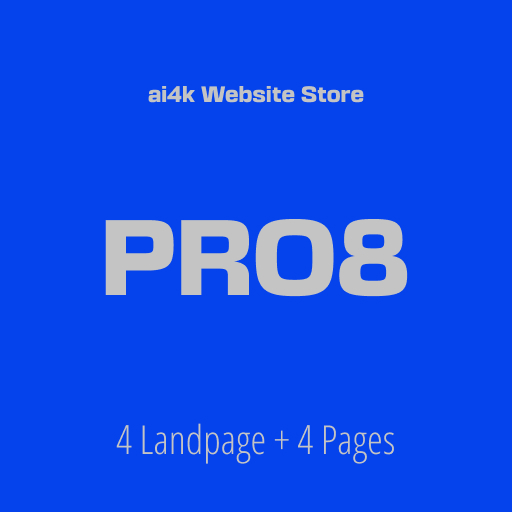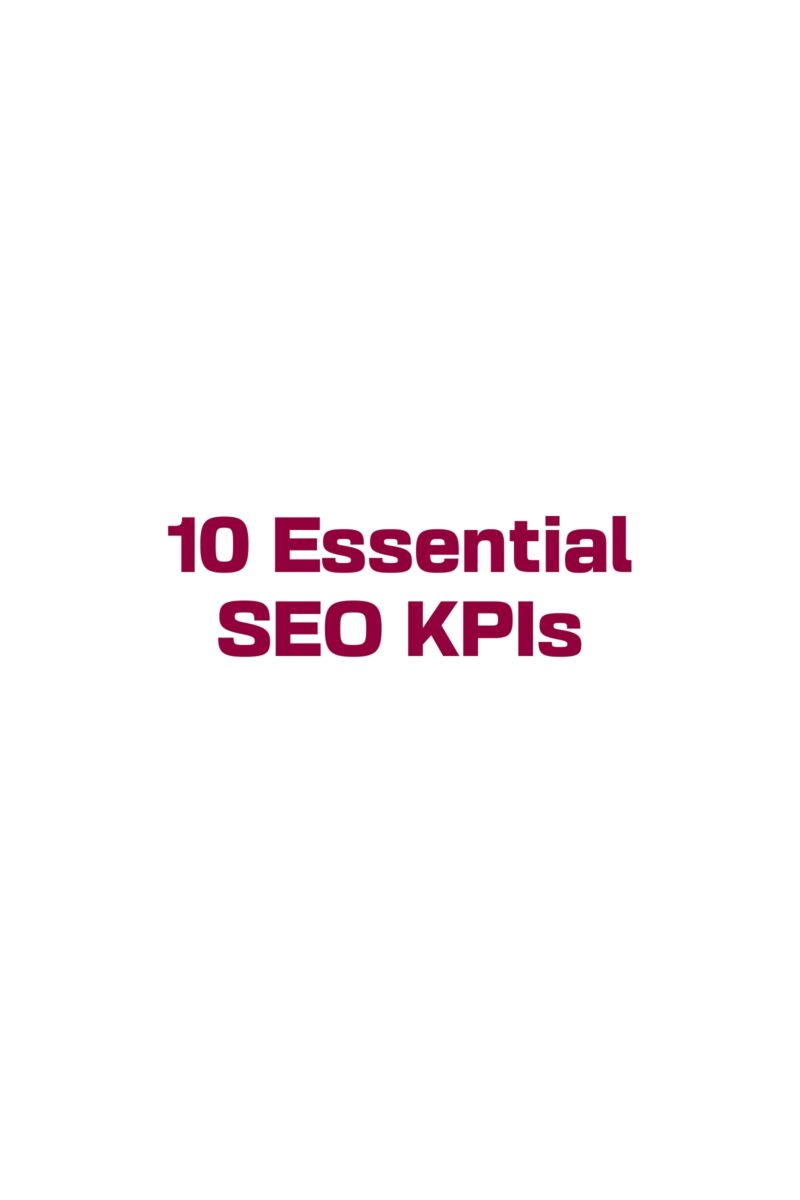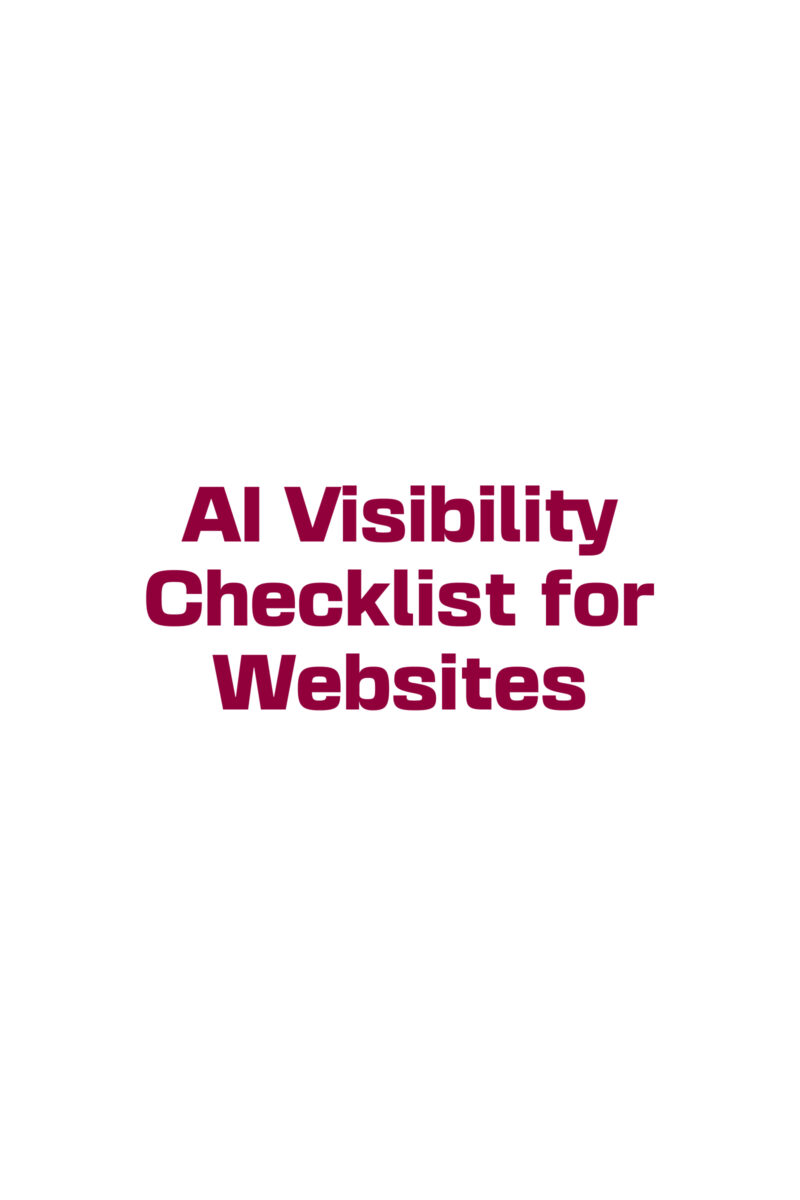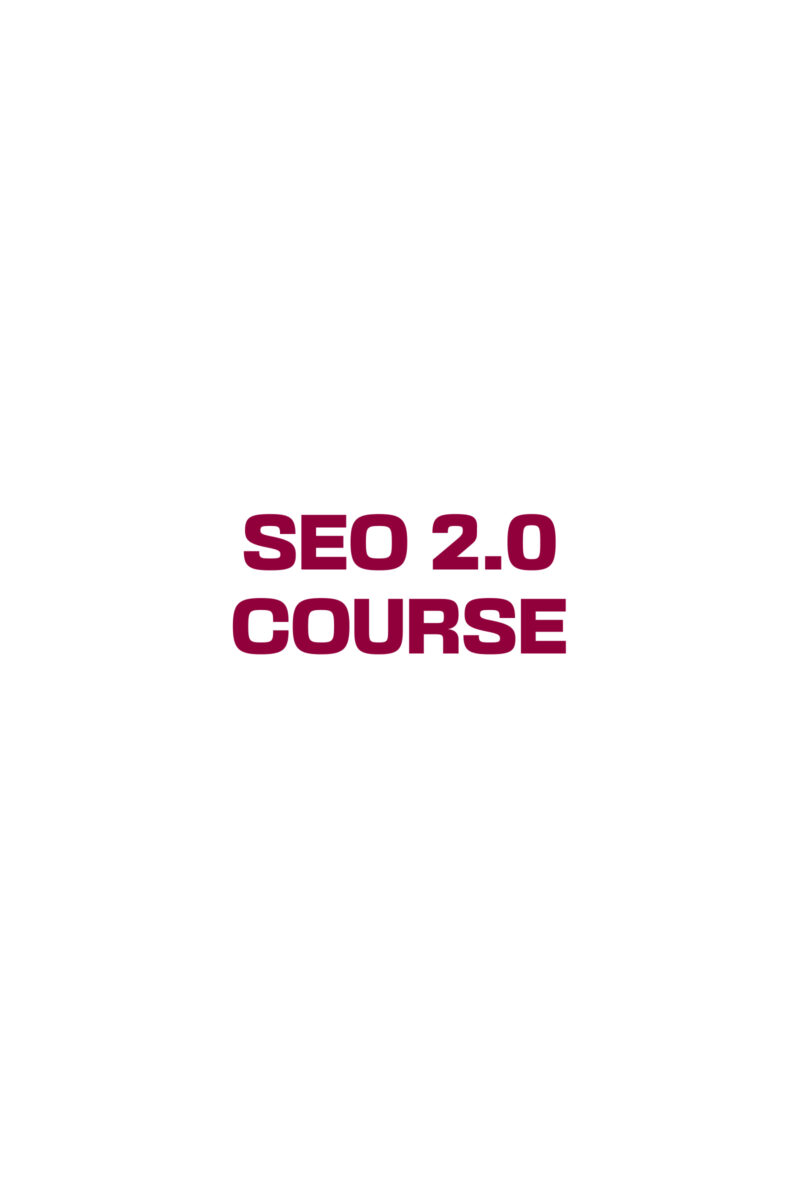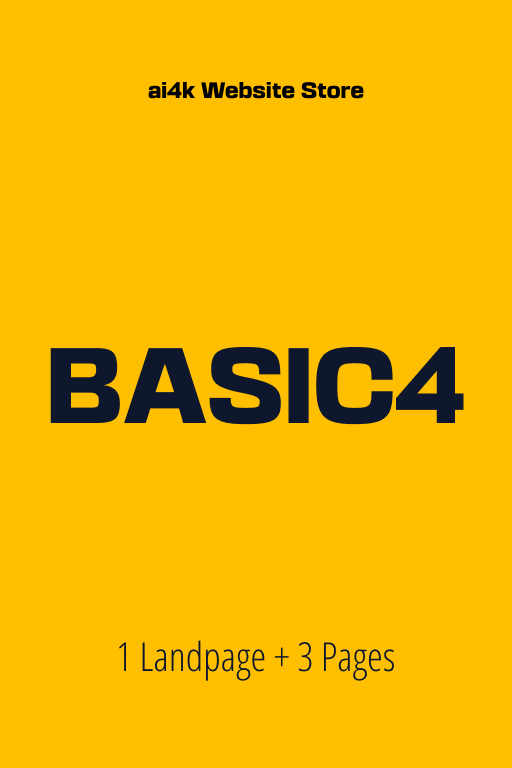The value of keywords and backlinks in search engines: Is Google the dictator and his club?
In the world of search engines, everything comes down to keywords and backlinks, the latter being the one that gives even more relevance.
There are other values such as EAT which are interpretations of the content but remain arbitrary and subject to interpretation: Google defines them, modifies them, and crawls them, i.e. the dictator and his club.
ChatGPT reads and analyzes the texts on the websites. From there it extracts the keywords. This is the same thing that SEO tools do.
Google provides an estimate (not the whole truth) of the value of those keywords by region and language. And supposedly that is what they use to price the keywords.
The keywords provided by Google are not invented, they also come from websites. More of the same keywords in many websites indicates that that keyword has “value” or search intent, because as I said before those values are correlated.
Google shows an “average” in GSC, and does not provide the total and real amount through its API, that is to say, that SEO tools use what Google gives plus some magic formula that each tool invents. That’s why all the values of authorities and keywords are different according to each tool. And these formulas are temporary according to the algorithm updates.
Anyway, the keywords and volumes given by ChatGPT are fine. What would be missing is a regional adjustment, due to trends, language, etc. But I’m sure that is coming through plugins.
If the ChatGPT plugins are successful, this traditional internet search process will disappear: it will no longer be Google that will distribute the links, but the plugins.
Do we have to evolve to a SEO optimized for LLM, a SEO 2.0, instead on traditional search engines?
Yes, we have to. The thing is how. For the moment, the differentiation, the branding, the very specific value of your product or service is the only thing that will give you an edge in this new metaphor of internet search, the
SEO Optimized for LLM, in other words a
SEO 2.0 approach.
We believe that there is no point in an SEO strategy for traffic only. SEO should aim for conversion, that’s why all of our SEO 2.0 approaches chase online relevance, by any means.
The Power of Generative AI
Generative AI is, among other things, what makes possible applications such as Midjourney and ChatGPT.
AI images generation aims to be simpler, at least in applications like Midjourney and Dall-E. They are tweaking so well the models that simple and descriptive prompts lead to high quality and matching results.
Has the Internet search process been Disrupted?
There are 2 main Internet search processes: search for information and search with shopping intention. The first is easily satisfied with ChatGPT, the second will be by using ChatGPT plugins.
The most important LLM app, ChatGPT, is already fixing its weakness through plugins.
That approach will break the traditional search process on internet searches, creating a user detour to the plugin owner realm, where the rest of the conversion will happen.
What does this mean for traditional search engines and all the paraphernalia around them (SEO 1.0, SEO tools)? They will be displaced to second and third place.
